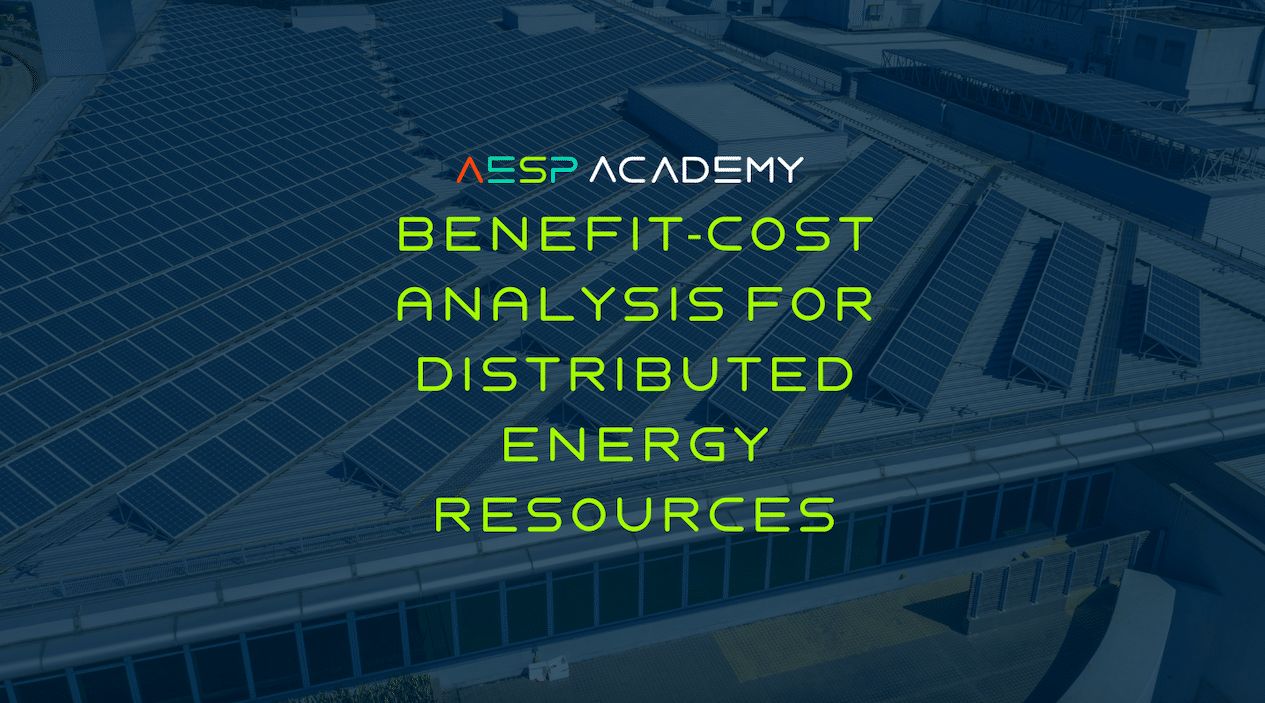Benefit-Cost Analysis of Distributed Energy Resource Investments
OnlineJoin a training course for evaluation practitioners on the purpose, process and key considerations in benefit-cost analysis (BCA) — also referred to as “cost-effectiveness testing” — of single and multiple distributed energy resource (DER) investments. DERs can include energy efficiency, demand response, distributed storage and solar, and building and transportation […]












